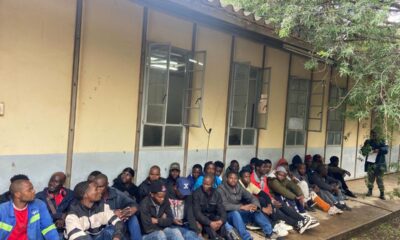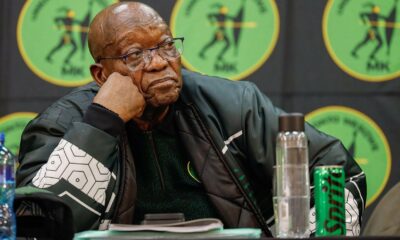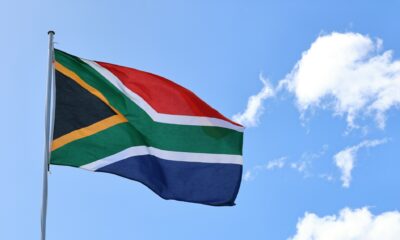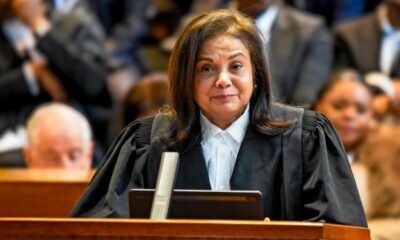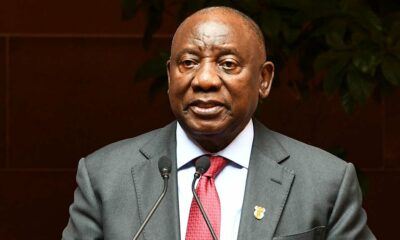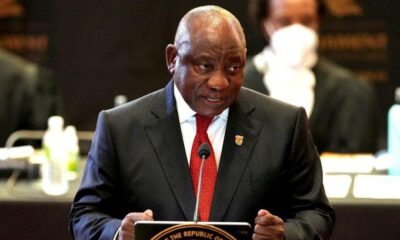News
Duduzile Zuma Claims She Was “First Victim” in Alleged Russian Mercenary Scheme
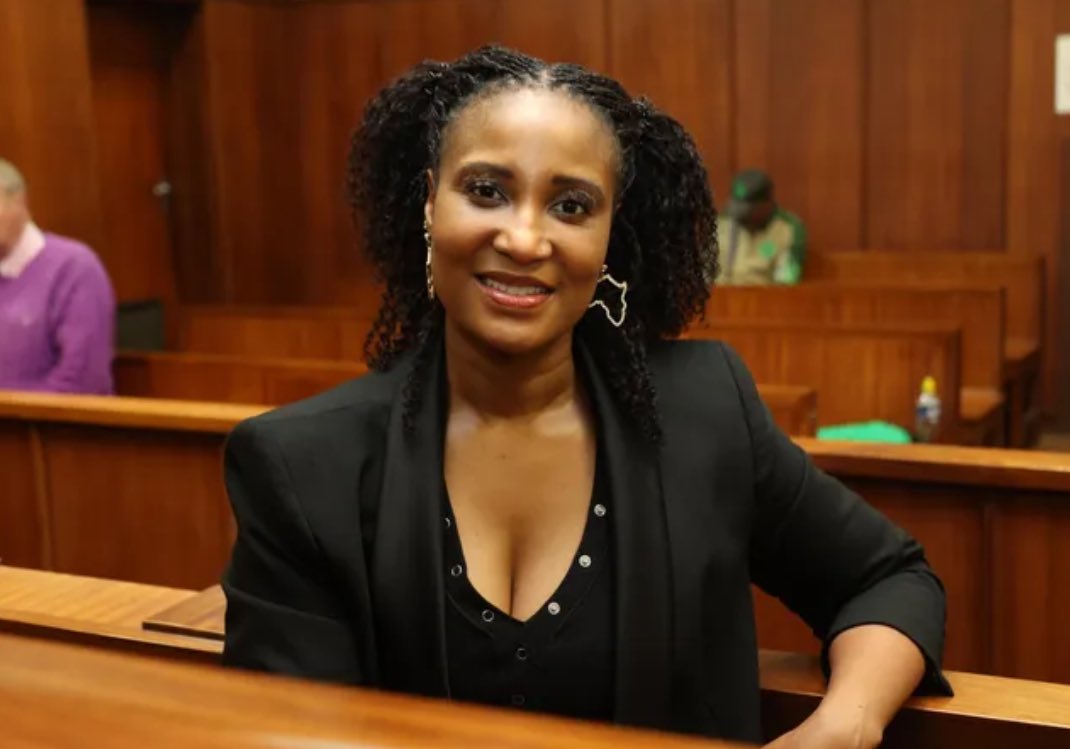
“I Was the First Victim”: Duduzile Zuma Breaks Silence on Alleged Russian Mercenary Scandal
A dramatic twist in a story that has gripped South Africa
The controversy around South Africans allegedly lured into a Russian-linked mercenary scheme has taken a sharp and unexpected turn. Duduzile Zuma-Sambudla, daughter of former president Jacob Zuma and now a Member of Parliament, has filed a sworn affidavit declaring that she was not the mastermind of any recruitment operation. Instead, she says she was the first person to be deceived.
Her version of events, submitted at the Sandton Police Station on Monday, challenges the public accusations made just days earlier, including those from her own sister, Nkosazana Zuma Mncube.
For a saga already filled with political tension, family conflict, and international implications, this affidavit adds an entirely new layer.
A family dispute goes public
It was Zuma Mncube who ignited the firestorm over the weekend, alleging that Duduzile and two others had “tricked 17 men into fighting for Russian mercenaries.” According to The Star, the alleged recruits believed they were travelling to Russia for bodyguard training linked to the MK Party.
The South African government later confirmed that 17 men, aged between 20 and 39 had contacted authorities, saying they felt misled and feared they had been taken toward an active conflict zone.
The allegations spread quickly online.
Some South Africans reacted with shock, others with cynicism, and many asked the same question: How does a recruitment pipeline to a war zone operate under our noses?
Duduzile’s version: “I was scammed too”
In her affidavit, Zuma Sambudla paints a picture of an intricate deception orchestrated by a man she identifies as Blessing Rhulani Khoza, someone she insists she had never heard of before he contacted her via WhatsApp.
“Prior to this unsolicited message, I had no relationship, acquaintance, or prior knowledge of this person whatsoever,”
she wrote.
According to her, Khoza claimed to be a South African living in Russia with access to a completely legal, civilian-friendly training programme, not a military operation. She says he reassured her repeatedly that the course was safe, professionally run, and geared toward skills development.
Believing him, she says she travelled to Russia at her own expense, undergoing what she now describes as superficial, non-combat training.
Her description is strikingly mundane for an allegation tied to armed conflict:
“I experienced only non-combat, controlled activities. I was never exposed to combat, never deployed.”
Because her own experience felt harmless and administrative, she says she had no reason to believe anything sinister was at play.
How the alleged recruitment unfolded
Zuma Sambudla admits she shared details of the programme with relatives and close family friends, but insists this was done in good faith.
“I shared information innocently. They chose to join on their voluntary interest.”
She emphasises that members of her own family travelled to Russia, something she argues proves she had no awareness of danger.
A total of 22 South Africans went to Russia.
Three failed medical checks and returned home.
Nineteen remained behind and it was only later, she says, that she learned they may have been taken toward a conflict zone.
She describes her shock as “profound,” saying the moment she realised what was unfolding, she rushed back to Russia for two weeks to ask officials and the South African embassy for help.
Her narrative recasts her from alleged recruiter to someone frantically trying to save the very people she was accused of sending.
The political weight of an accusation
Duduzile Zuma Sambudla is no stranger to controversy. She has often been painted as a political firebrand particularly online and her long-standing ties with Russia are frequently scrutinised.
That is why the public was quick to assume the worst when the mercenary allegations first surfaced. The idea of young South African men being misled into a foreign conflict hits a raw nerve in a country with high unemployment and a long, painful history of political manipulation.
Some social media users expressed relief after hearing she had submitted to forensic investigation. Others remain openly sceptical, arguing that the story still has “too many convenient holes.”
Meanwhile, international analysts have cautioned South Africa about the geopolitical risks associated with allowing its citizens to become entangled in the Russia–Ukraine conflict.
What happens next?
Zuma Sambudla ends her affidavit unequivocally:
“I was not a recruiter, agent, operator, or facilitator of any unlawful activity.”
She has offered full cooperation to investigators, handing over her devices, communications, and documents for forensic analysis.
Authorities now face the complex task of determining whether she was:
-
A co-conspirator,
-
A negligent participant, or
-
A genuine victim of a sophisticated scam.
The inquiry is still unfolding, and with political, familial, and international dynamics at play, the truth may take time to unravel.
What’s clear, however, is that this affidavit has shifted public perception, turning a story of alleged recruitment into one of possible manipulation.
And South Africa, watching closely, is bracing for the next chapter.
{Source: IOL}
Follow Joburg ETC on Facebook, Twitter , TikTok and Instagram
For more News in Johannesburg, visit joburgetc.com

